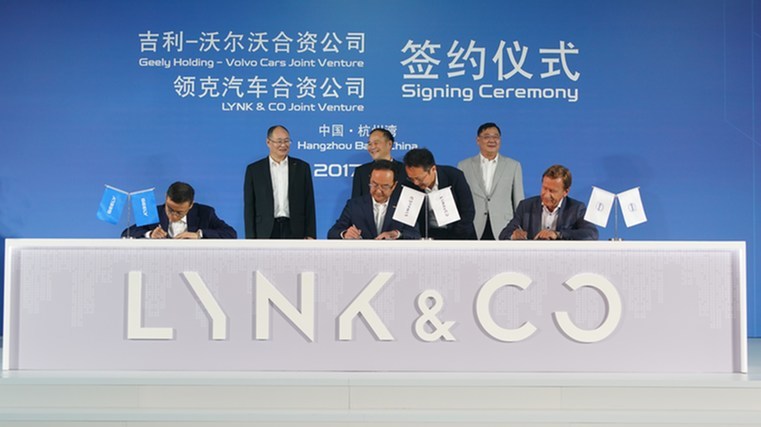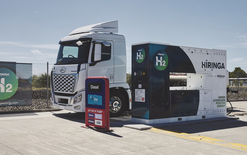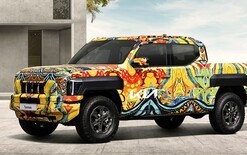Chinese automakers look to future

Chinese automakers are eagerly looking at selling their cars in major Western markets. Improvements in technology and car design have brought Chinese firms a bigger share in their home market, the world’s largest, which gives them a better chance of survival in competitive Western markets. Geely, which owns Volvo Cars and Lotus and manufactures London's black cabs, has its sights set on selling cars in Europe in 2019 and the United States a year later. The Hangzhou based company plans to sell 'green' vehicles, either all-electric or hybrid models, overseas, where they would use directly-owned stores and online rather than through traditional dealer franchises to sell their vehicles. Geely’s Lynk & Co aims to open its own flagship store in Berlin in the second half of 2019, and a similar outlet in San Francisco in 2020. Geely would also offer cars for rent via a subscription model, along the lines of Netflix and Spotify. In some U.S. states, which don’t allow direct selling, Lynk & Co plans a subscription-based sales model, renting cars to consumers on contracts as short as a month. These would also include insurance, warranty and other benefits. “A key obstacle in markets like the United States is a consumer bias against Chinese-made goods,” said Jeff Cai, a Beijing-based senior director at JD Power & Associates. “Our research found most U.S. consumers think China is a third-world country that builds low-quality products.” There is also the issue of China's trade surplus with the United States - an imbalance that has caught the attention of U.S. President Donald Trump. Chinese vehicles would be very likely to increase that surplus. The issue of the trade imbalance between the United States and China has long been a sore point between the countries. An issue that China will have to overcome in order to develop roots in the Western marketplace.





